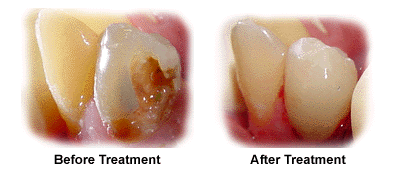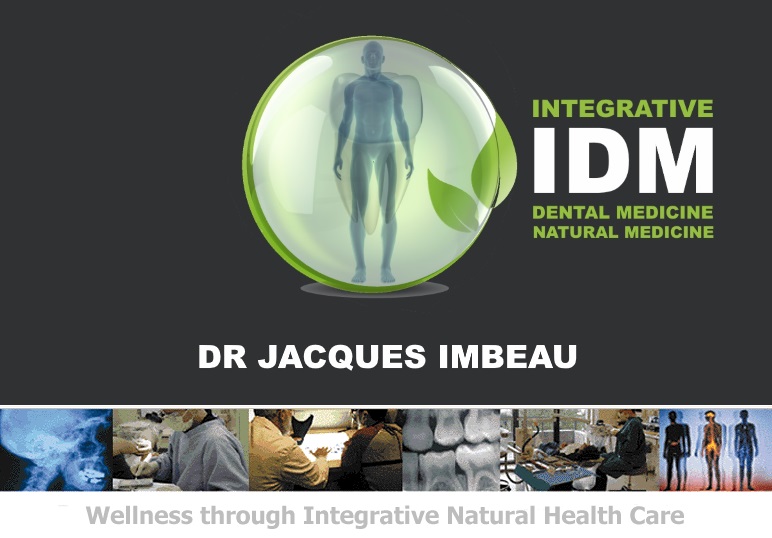Tooth
Decay Is A Systemic Disease
|
Dental caries is a widespread
problem. It is well known that poor diet and
bacteria ( dental plaque ) have a significant
role to play in dental caries. What is not well
known is that dentinal fluid transport ( DFT )
plays an even more crucial role in tooth decay. See PDF file of a study
on DFT and the incidence of dental decay.
Drs.
Ralph Steinman and John Leonora of Loma Linda
University have proven the effects of DFT on
dental caries resistance. A new book, Dentinal
Fluid Transport, has just been published.
A
tooth is a living structure. It needs nutrients
supplied on a daily basis just like any other
tissue in the body in order to maintain good,
decay -free health and the tooth relies heavily
on DFT for it's nutritional requirements. In rats
Steinman made injections of a radioactive tracer
called acriflavine hydrochloride. In well fed
healthy rats he was able to trace the radioactive
substance from the injection site, into the blood
stream, into the pulp canal of the tooth, through
the dentinal tubules (little tiny garden hoses
that are 3 1/2 microns in diameter that comprise
the solid substance of the dentine), through the
enamel rods (tiny tubes in the enamel), clear out
into the mouth in a period of approximately one
hour. But when fed a decay producing diet, the
fluid flow reversed. Fluids flowed from the
surface of the tooth, through the enamel
(bringing bacteria and debris along with it),
through the dentine, and into the pulp chamber.
These rats experienced lots of decay. This flow
could be turned one way or the other just by
altering the diet. Steinman found that he could
alter the diet and alter the amount of decay in a
perfect parallel. He could feed the diet as food
they ate, or feed the rats through a stomach tube
so that food never touched their teeth. Results
were the same either way. What they ingested
controlled the amount of decay they generated.
What was the diet doing ?

HORMONES AND TOOTH DECAY ?
WHAT IS THE CONNECTION ?
The
foods were controlling
the endocrine system. Dr. Ralph Steinman and
endocrinologist Dr. Leonora were the first to
isolate, purify and crystallize a hormone called
"parotid hormone"
which is manufactured in the parotid gland. When
this hormone was produced in adequate amounts
(influenced by a proper diet), the fluid flow ran
from the pulp chamber, bringing nutrients into
all parts of the tooth, ran through the dentine,
the enamel and into the mouth. When foods
inhibitory to the endocrine system (sugars and
refined carbohydrates mainly), the fluid flow
dragging sludge from the saliva into the tooth
where a chemical breakdown took place. He also
noted that decay always extended farther than
X-rays might indicate.
There are certain foods that are universally
decay producing. Candy and soft drinks are
obvious ones, and now we know that this is due to
the sugar upsetting your endocrine system. It is
well to brush your teeth and keep the surfaces
free from debris, but recall, this is not
eliminating the cause of decay. Remember the
stomach tubes. The rats did not brush, but there
was nothing on the teeth to brush off either.
They still got decay.
Click
on "foods were controlling
the endocrine system" to find out more about how
cariogenic diets (diets rich in carbohydrates)
and lack of antioxidants play a key role in tooth
decay.
|

